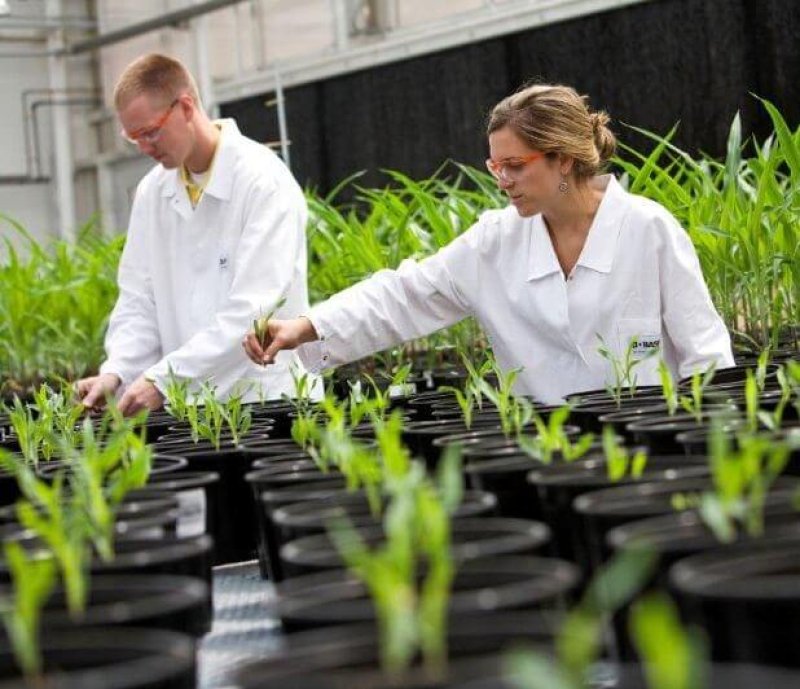[Editor’s note: Erica Hawkins is a PhD student at the John Innes Centre and the University of East Anglia studying medicinal plant compounds.]
Wheat, Corn and soybean harvests have been predicted to fall by 22% in the US by the end of the century because of water stress brought on by global warming.
What can we do to decrease the impact of global warming on crop production? We can’t change the weather, but as plant scientists we can look at the influence of long-term climate change on crops. By understanding how plants adapt to changing environmental conditions, we can help to breed crops that are more resilient to adverse environmental conditions such as water stress.
…
Although many drug candidates are found in plants, most are chemically synthesised in genetically modified bacteria and yeast. … Many scientists are now looking at ways to increase production of these medicinal compounds in planta, turning the plant into medicinal biofactories.
…
Plants now have the potential to manufacture vaccines. Prof George Lomonosoff at the John Innes Centre has found a way to hijack tobacco and turn its leaves into factories to produce polio-vaccines and this technology has the potential to be used to make vaccines for other viruses too.
The GLP aggregated and excerpted this article to reflect the diversity of news, opinion and analysis. Read full, original post: How plant science will change the world































